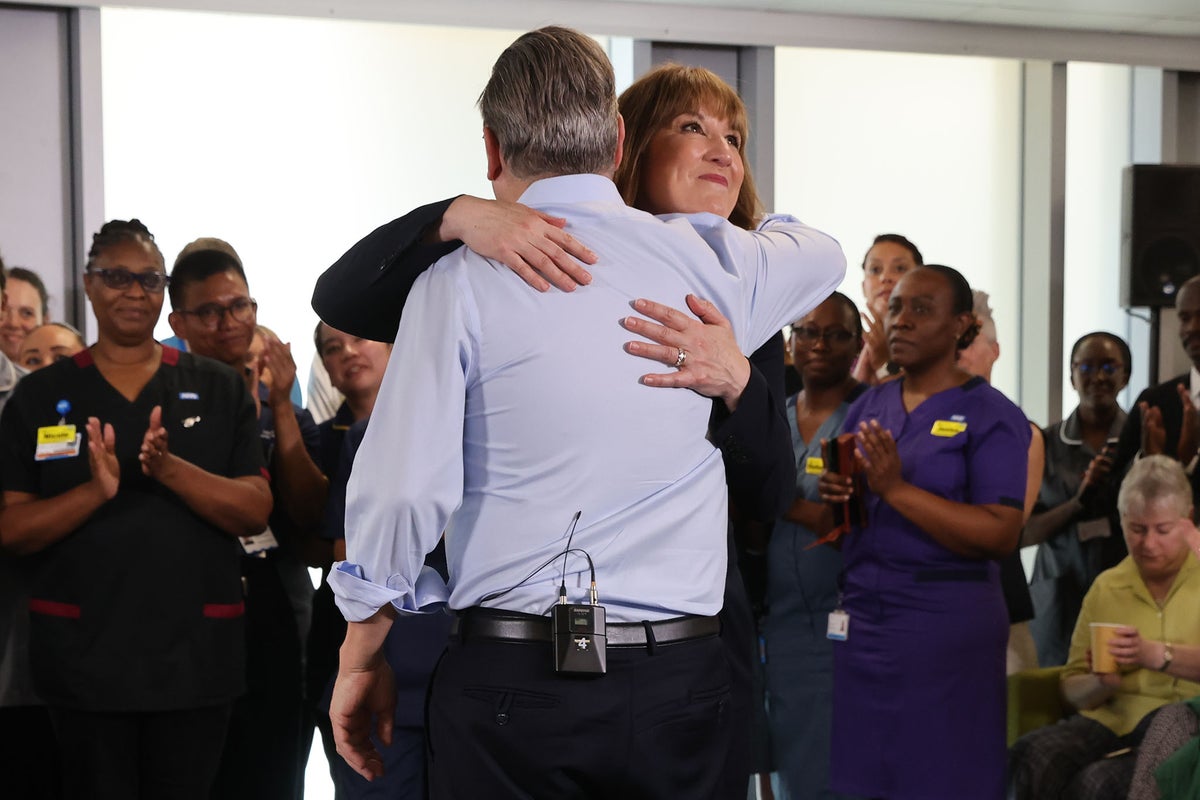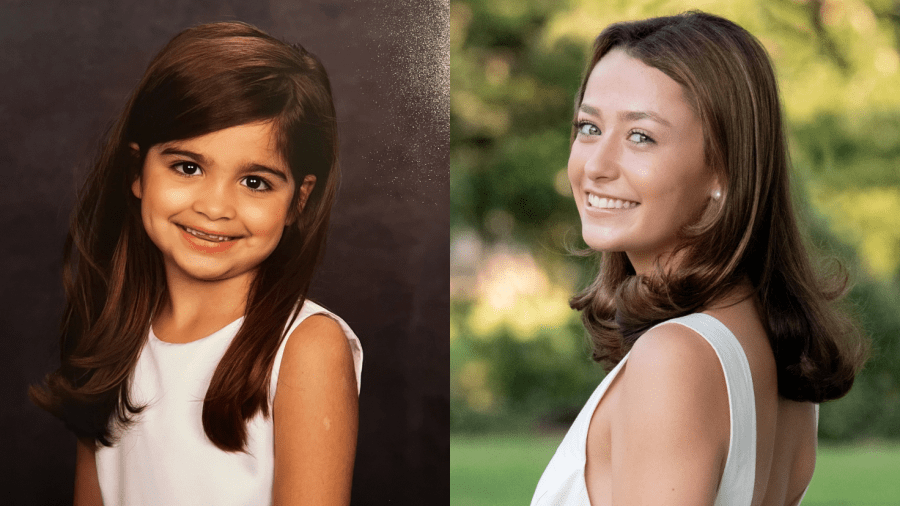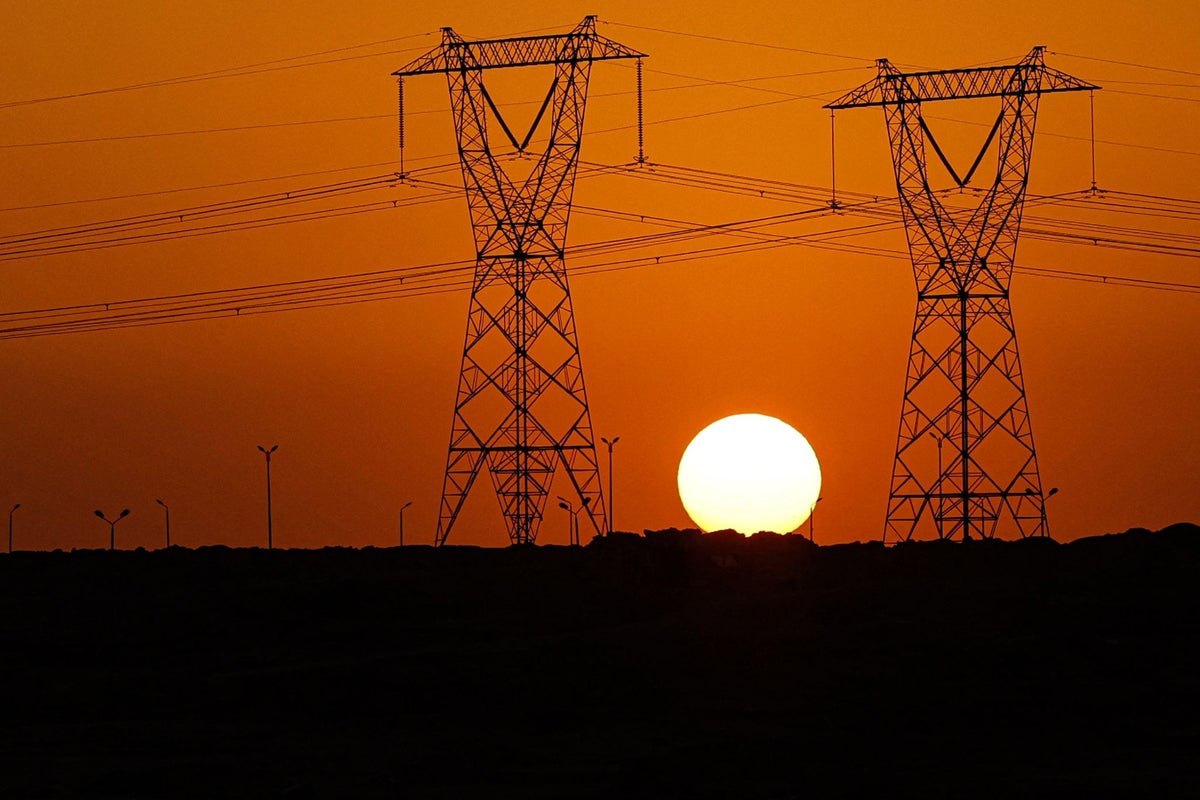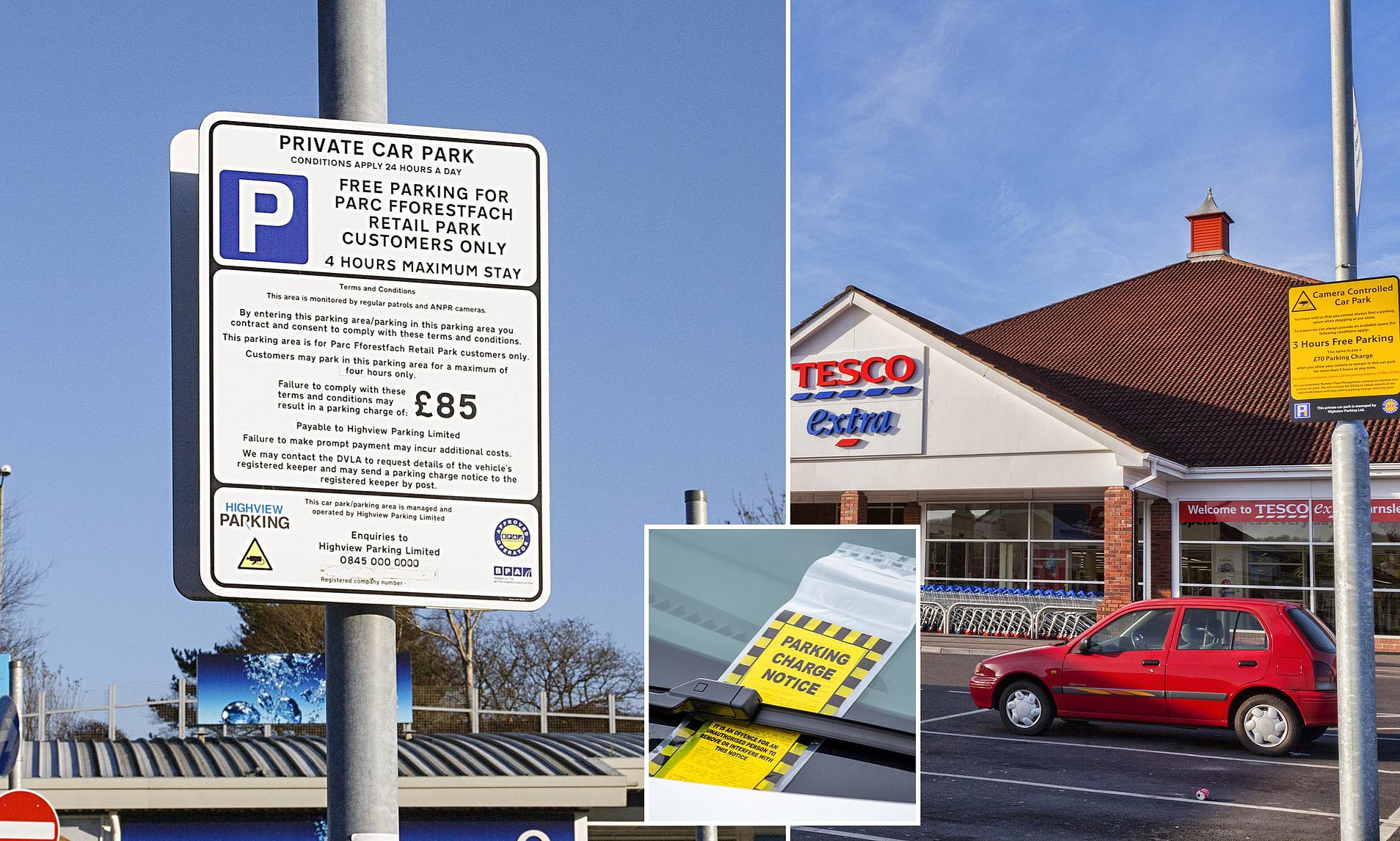
UK Politics Live: Rachel Reeves Expresses Discontent Yet Commits to Supporting Government at PMQs

Rachel Reeves’ Emotional Moment and the NHS Plan
Chancellor Rachel Reeves made her first public appearance alongside Prime Minister Sir Keir Starmer following an emotional session in the House of Commons, where she was visibly upset. The two were attending the launch of the government’s ambitious 10-year plan for the National Health Service (NHS) in London. The day after her emotional display, Reeves spoke to journalists but remained tight-lipped about the reasons for her tears, confirming only that it was a personal matter.
“I was clearly upset yesterday, and everyone could see that,” she stated. “It was a personal issue, and I’m not going to go into the details of that. My role as chancellor during Prime Minister’s Questions (PMQs) is to support the government, and that’s what I aimed to do.” She further noted the unique pressures of her position, explaining that while most people experience tough days privately, hers are often played out on national television.
Reeves also dismissed speculation that her emotional state was linked to discussions with Commons Speaker Sir Lindsay Hoyle or any other government members. “Today’s a new day, and I’m just cracking on with the job,” she affirmed.
Key Developments from the NHS Plan Launch
During the NHS plan launch, Reeves presented a confident front, collaborating with Starmer and Health Secretary Wes Streeting. The plan, which outlines a decade-long strategy for the NHS, aims to modernise healthcare delivery and integrate advanced technology, including artificial intelligence, to improve patient care.
Highlights of the 10-Year NHS Plan:
- NHS App Enhancements: By 2028, the NHS app will evolve into a comprehensive digital interface for patients, enabling symptom assessment, appointment bookings, and care suggestions.
- Personalised Health Records: A unified digital patient record will be established, streamlining access to clinical histories and personalised health advice.
- Patient Choice Expansion: The introduction of “My Choices” will allow patients to compare healthcare providers based on various metrics, including success rates and patient reviews.
- Wearable Technology: By 2035, wearable devices will be standardised for both preventative care and chronic condition management, particularly in underserved areas.
- Community-Focused Care: A shift in funding priorities will focus more on local care rather than hospital-centric models, allowing for greater accessibility and efficiency.
- Prevention Initiatives: A significant anti-obesity campaign will include measures such as restrictions on junk food advertising and clearer food labelling.
Economic Concerns and Tax Implications
The unveiling of this plan comes at a time of increasing scrutiny over the government’s financial strategy. Following Reeves’ announcement of substantial tax increases—projected to reach £40 billion annually by the end of the parliamentary session—public sentiment has soured further. The reaction from business leaders was particularly harsh, leading to Reeves’ commitment at a subsequent CBI meeting to avoid additional borrowing or tax hikes.
The recent U-turn regarding welfare reforms, where the government significantly scaled back proposed changes, has left a substantial gap in public finances. Questions are mounting about how the government will address this financial shortfall, especially with previous departmental cuts having already exhausted potential savings. This has led to speculation that Reeves may need to consider further tax increases, such as extending the freeze on income tax thresholds or even introducing a wealth tax aimed at the highest earners.
Political Reactions and Future Implications
Reeves’ emotional display during PMQs has not gone unnoticed by her political opponents. Figures such as Kemi Badenoch have publicly questioned her capacity for leadership, suggesting that emotional vulnerability is incompatible with high-level political roles. In contrast, Starmer has shown unwavering support for Reeves, affirming her vital role within the government and her capability to navigate the challenges ahead.
Meanwhile, the political landscape continues to evolve, with former Labour MP Zarah Sultana announcing plans to co-lead a new political party with Jeremy Corbyn, indicating a potential rift within the Labour ranks. This development could further complicate the party’s position as it grapples with its identity and direction in the face of internal divisions.
In summary, the interplay of personal challenges for figures like Rachel Reeves, the pressing needs of the NHS, and the overarching economic landscape paints a complex picture for the current government. As Labour seeks to stabilise its footing, the effectiveness of its strategies and the leadership style of its members will be under scrutiny in the months ahead.








